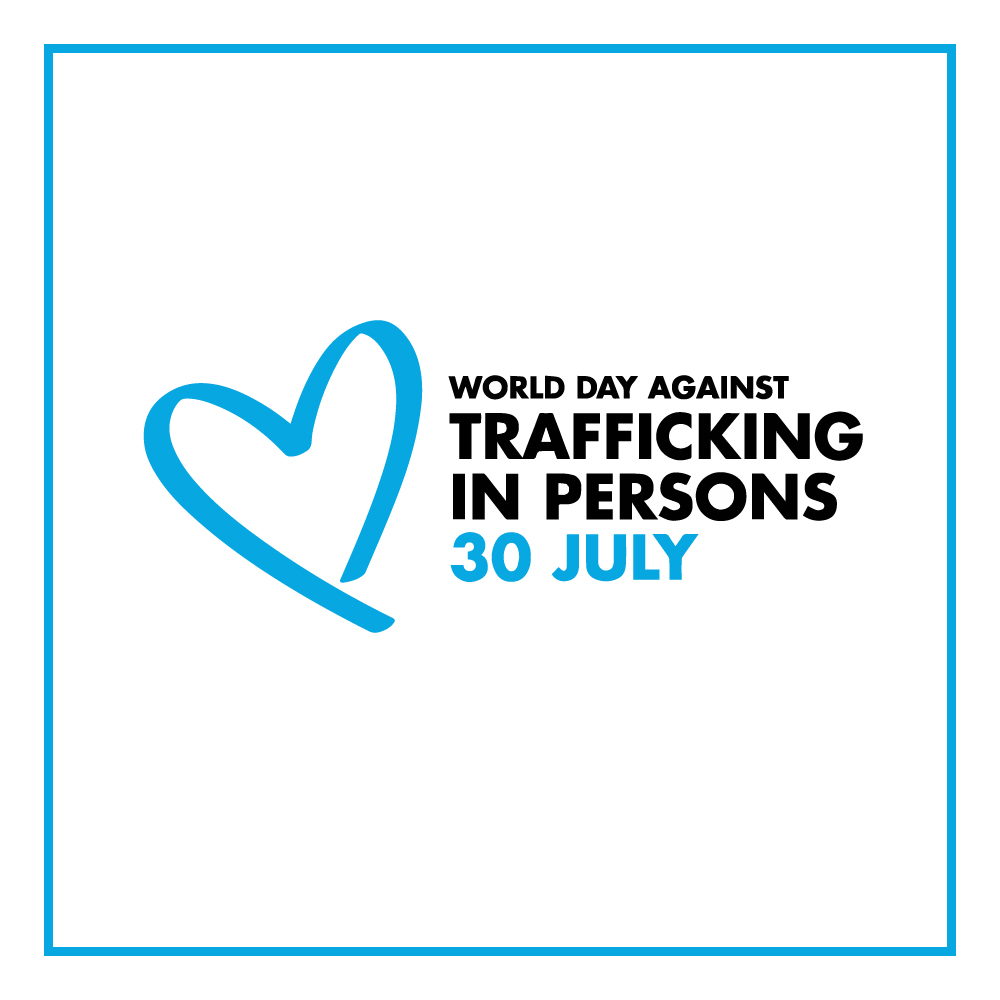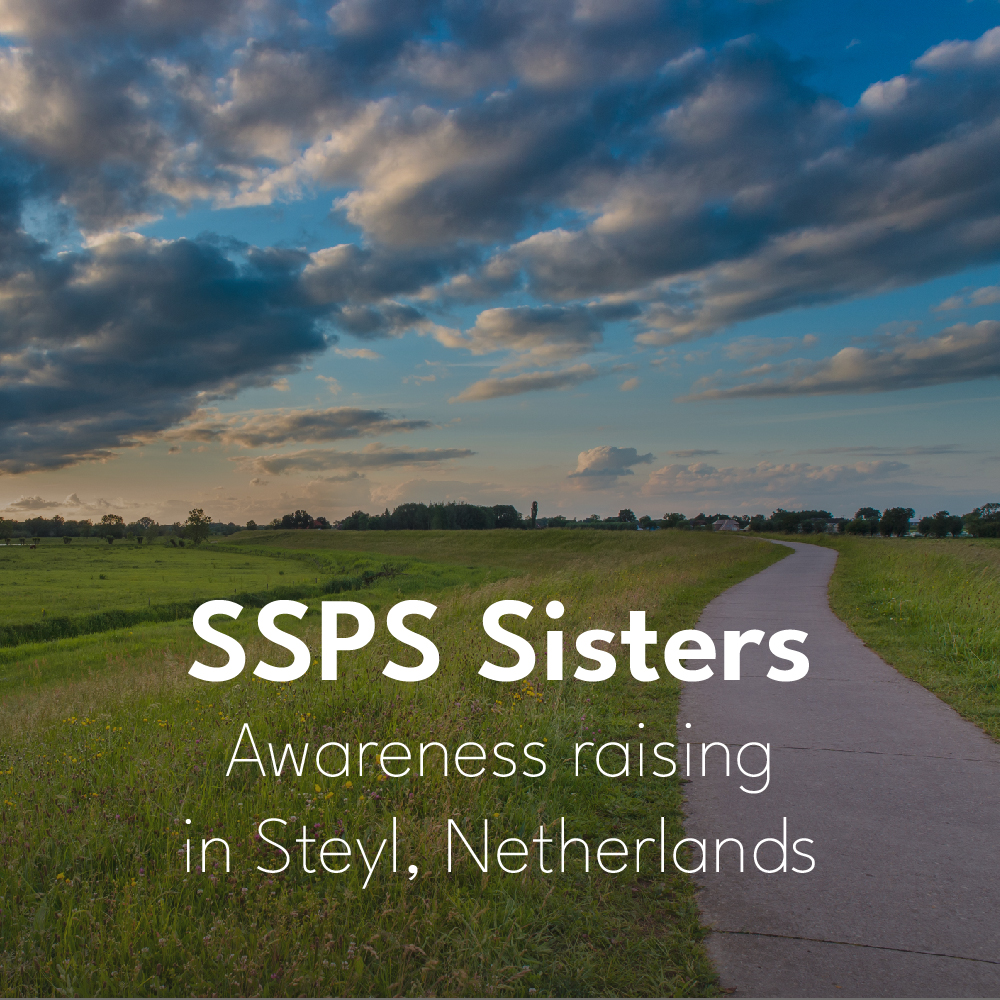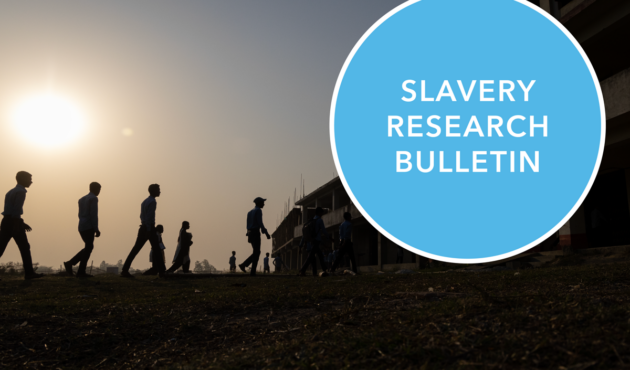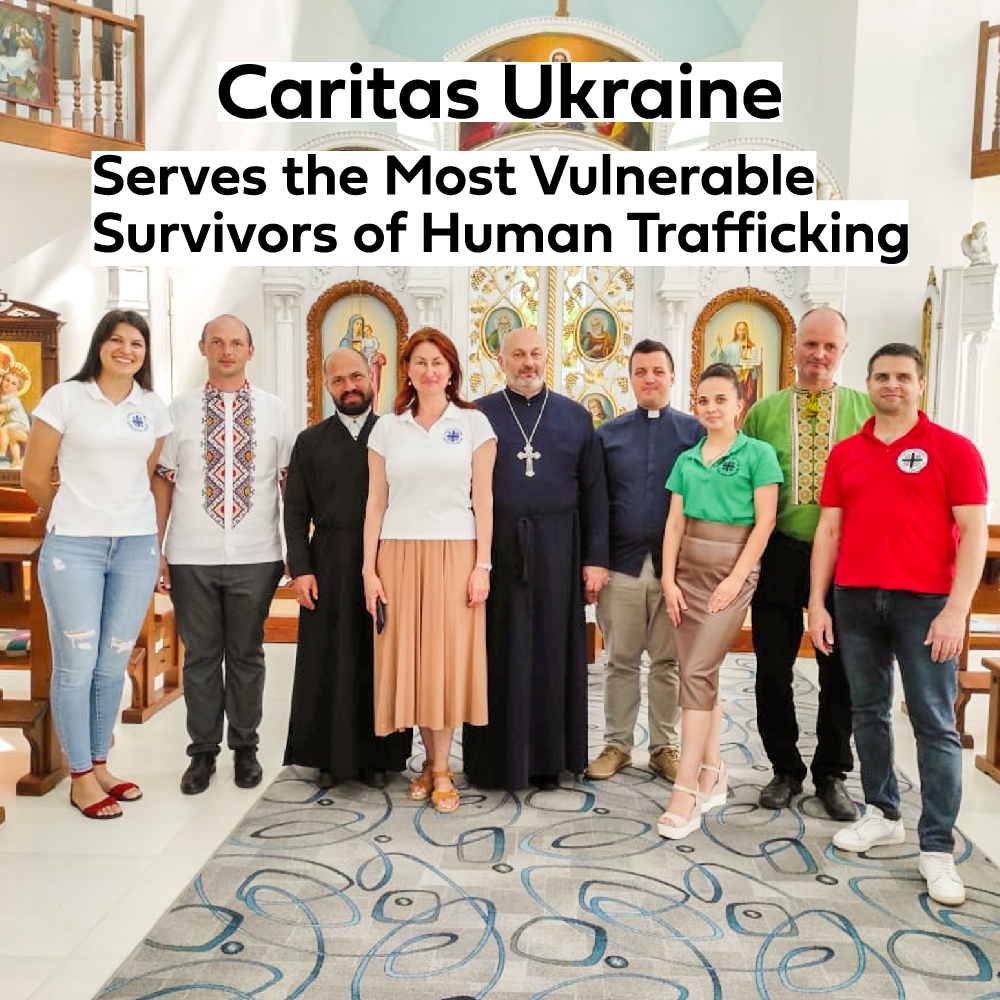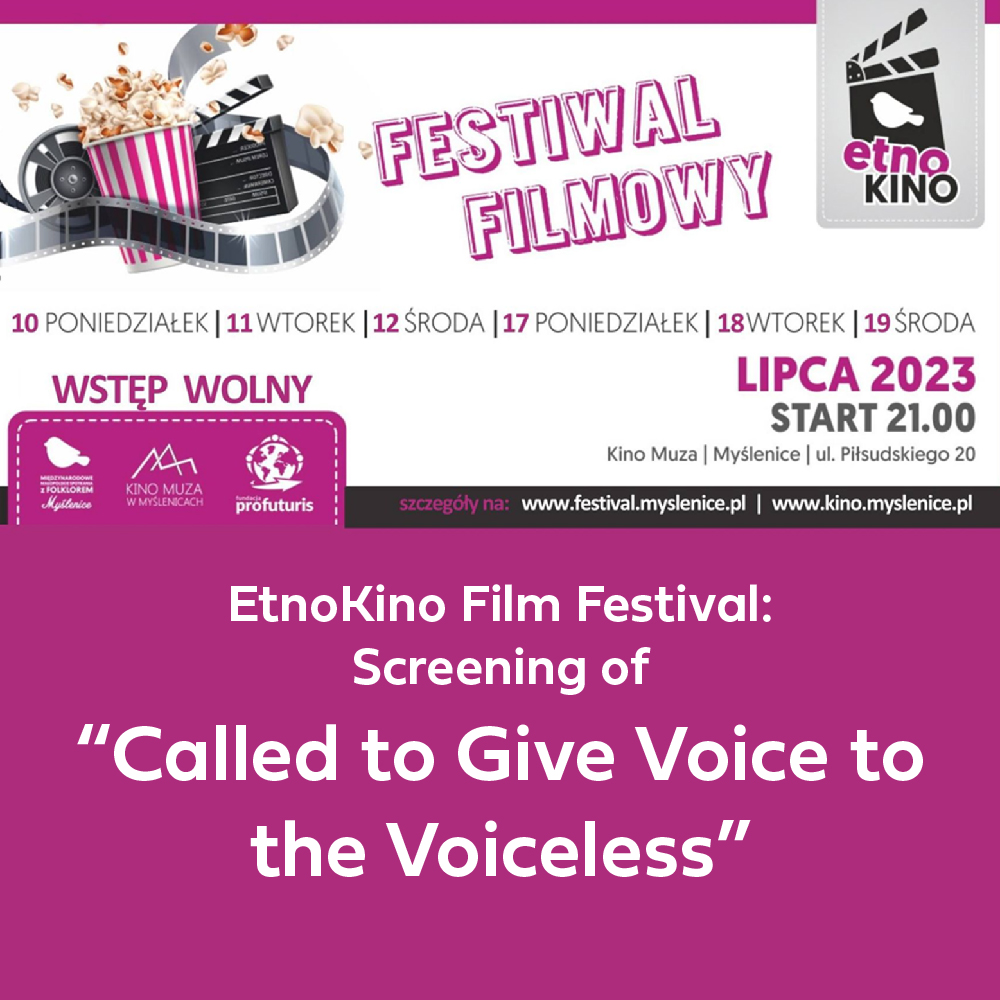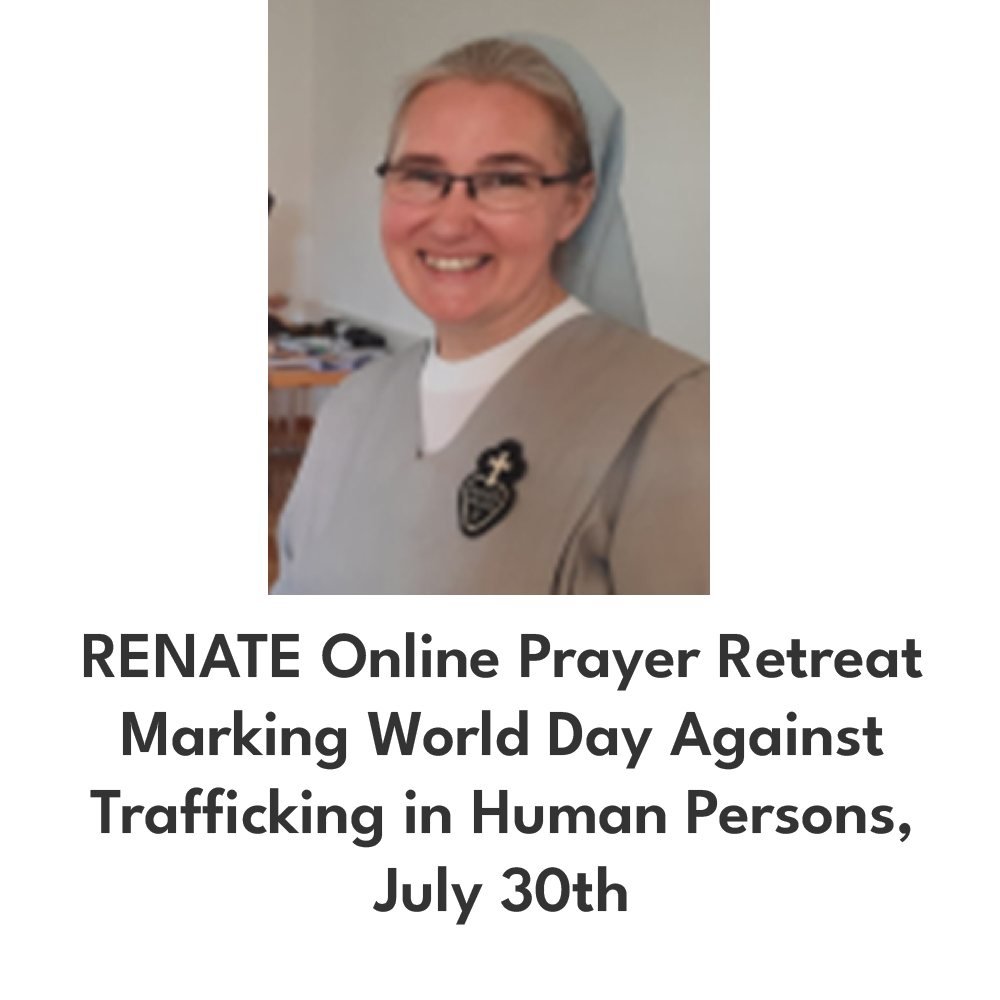Dear friends, dear interested parties,
Last year, the Munich counseling center received the Bavarian Minister of State for family, work and social affairs, Ulrike Scharf for a joint conversation about the work of Specialist advice centers and protective facilities in Bavaria. The protection and rights of particularly vulnerable groups of women and their children were also discussed. This year, the Minister along with the clients of the Munich advice center offered another meeting together.
This second visit came last March. Each of the clients present reported to the Minister about their personal experiences on the way to Germany, the sexual violence that they had to experience. Two women from Sierra Leone and Nigeria reported, for example, on how a better life was promised to them in Thailand or Libya. On their arrival however, they were forced into prostitution in order to settle their alleged “debts” for the flight. One of the two women has been in a house for three years, held captive to have sex with men there. Still, both made it, after they were able to flee Italy. However, when they got there, because of the traumatization and through their experience of violence, they were once again forced into prostitution by human traffickers.
These reports are not isolated cases. Plenty of women who have been trafficked or who have experienced forced prostitution often come from Bulgaria, Romania, Nigeria or others West African States. People in need of protection, like our clients are entitled to care and special procedural guarantees. But the protection rate is extremely low for many countries. For example, the rate for people from Nigeria last year was only 11.3%.
In view of such low chances of protection in Germany, the assertion of disorders resulting from trauma are enormously important for the asylum procedure. But a statement about the experience to the authorities alone is not enough. The affected must prove both their experiences of violence and the resulting psychological and physical consequences. It is usually an impossible undertaking for the women to prove what they have experienced and to name the perpetrators. It is just as problematic to provide proof of the aforementioned health impairments, because therapy places are experiencing increased demand due to the pandemic and numerous refugees from Ukraine.
In an interview with Minister of State Ulrike Scharf, the women emphasized the great psychological impact and burden of this procedure. It is difficult to describe the experience in detail, and the fear of possibly having to go through the trauma again and so-called re-traumatization is great. The urgent plea of women to the Minister was therefore clear: There is an urgent need for changes in the asylum procedure and above all in dealing with those affected by German authorities.
But just a few months after meeting the Bavarian Minister of State will now reform the Common European Asylum System (CEAS) in the paths guided. Frighteningly, this reform by no means lead to an improved situation for those affected by human trafficking and sexual exploitation. Through theplanned fast-track procedures at the EU’s external borders, it makes it almost impossible for women from Nigeria for example, who experienced human trafficking and forced prostitution, to get asylum in Europe.
The reform of the CEAS increases the chance of protection in Europe for victims of human trafficking from Nigeria (protection rate 2022: 11.3%) and from many other countries even lower than the previous legal position granted to them. SOLWODI therefore calls again on the federal government to respect the right to protection and to grant all asylum seekers a fair trial.
You can support our demand by signing our petition “No Fast Track Proceedings – Support the EU external borders” at https://t1p.de/solwodi-Petition.

.png)






